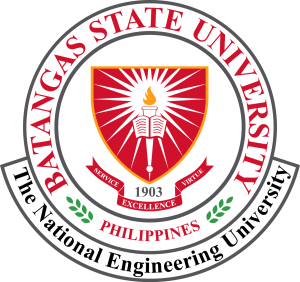From June 2 to 5, 2025, Batangas State University, The National Engineering University (BatStateU The NEU), delivered Batch 2 (Luzon Leg) of the Outcome-Based Engineering Education (OBEE) National Training Series for Engineering Deans and Program Chairs. Held at Kingsford Hotel, Parañaque City, the four-day program brought together over 80 representatives from 38 State and Local Universities and Colleges (SUCs and LUCs) across Luzon offering engineering programs and reinforced efforts to raise the quality of engineering education in the Philippines.
The OBEE National Training Series forms part of Component Two of the National Engineering Education Development (NEED) Program, which BatStateU implements through the Center for Innovation in Engineering Education (CIEE). The program strengthens institutional capacity and academic leadership to adopt outcome-based education systems aligned with international accreditation and quality assurance standards.

“This training strengthens the commitment of SUCs to elevate the future of engineering education in the Philippines. We encourage our institutions to pursue international recognition through the Washington Accord and uphold student-centered learning as the foundation of globally competitive programs,” shared BatStateU President Dr. Tirso A. Ronquillo, ASEAN Eng., as he emphasized the importance of unified institutional leadership.

This Batch 2 (Luzon Leg) followed the inaugural OBEE Batch 1 which gathered selected engineering public higher education institutions (HEIs) from all regions of the Philippines. The recently concluded OBEE Batch 2 extended the reach of the series to the remaining engineering SUCs in Luzon with an addition of engineering LUCs from NCR. Remaining batches will bring the training to HEIs in Visayas and Mindanao.




This OBEE National Training Series featured resource experts from the Center for Innovation in Engineering Education and the College of Engineering at BatStateU The NEU, the Universiti Teknologi Malaysia’s Centre for Engineering Education (UTM CEE), and the Philippine Technological Council (PTC).
Sessions covered OBEE frameworks—including curriculum mapping, course outcomes, and constructive alignment—as well as the Certification and Accreditation System for Engineering Education (CASEE), aligned with the Washington Accord. These topics addressed the needs of engineering educators and program managers.

Through this expanded rollout, Batangas State University affirms its role in shaping world-class engineering programs and driving the national transformation of engineering education.




